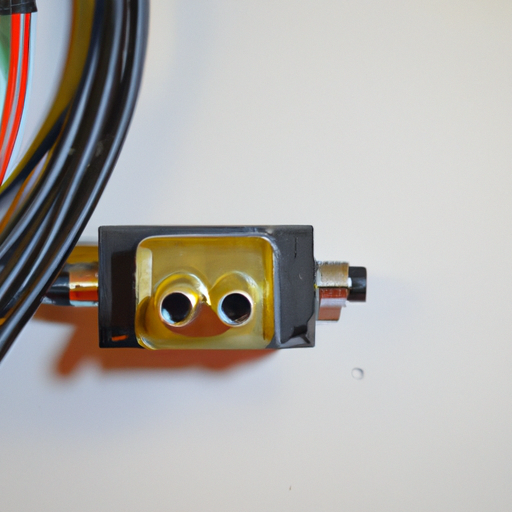Choosing the right signal converter can be a crucial decision for many industries and applications. Signal converters are used to convert one type of signal into another, such as analog to digital or vice versa. They are commonly used in industries such as manufacturing, automation, and telecommunications to ensure that different devices and systems can communicate effectively with each other.

1. Signal Type: The first step in choosing a signal converter is to determine the type of signal that needs to be converted. There are various types of signals, including analog, digital, voltage, current, frequency, and more. Make sure to identify the specific type of signal that needs to be converted before selecting a signal converter.
2. Input and Output Requirements: Once you have identified the type of signal that needs to be converted, you should consider the input and output requirements of the signal converter. This includes the range of input and output signals, as well as the accuracy and resolution needed for the conversion. Make sure to choose a signal converter that can accommodate the specific input and output requirements of your application.
3. Signal Conversion Accuracy: Signal conversion accuracy is a critical factor to consider when choosing a signal converter. The accuracy of the converter will determine how well it can convert the input signal into the desired output signal. Make sure to select a signal converter with high accuracy to ensure reliable and precise signal conversion.
4. Signal Conversion Speed: The speed of signal conversion is another important consideration when choosing a signal converter. The conversion speed will determine how quickly the converter can process and convert the input signal into the output signal. Consider the speed requirements of your application and choose a signal converter that can meet those requirements.
5. Signal Isolation: Signal isolation is an important feature to consider when choosing a signal converter, especially in applications where electrical noise or interference is a concern. Signal isolation helps to protect the input and output signals from interference and ensures reliable signal conversion. Make sure to choose a signal converter with signal isolation if needed for your application.
6. Signal Compatibility: It is essential to ensure that the signal converter is compatible with the devices and systems that it will be interfacing with. Check the compatibility of the signal converter with the input and output devices, as well as any communication protocols that may be used. Make sure that the signal converter can effectively communicate with the devices in your application.
7. Signal Converter Size and Form Factor: Consider the size and form factor of the signal converter when choosing one for your application. The size and form factor of the converter should be compatible with the space constraints of your application. Make sure to choose a signal converter that can be easily integrated into your system without any issues.
8. Signal Converter Reliability and Durability: Reliability and durability are crucial factors to consider when choosing a signal converter. The converter should be able to withstand the operating conditions of your application and provide reliable signal conversion over time. Look for signal converters from reputable manufacturers that have a track record of producing high-quality and reliable products.
9. Signal Converter Cost: Cost is always a consideration when choosing any equipment or device for your application. Compare the prices of different signal converters and consider the features and specifications that each one offers. Choose a signal converter that provides the best value for your specific needs and budget.
In conclusion, choosing the right signal converter is essential for ensuring effective communication between devices and systems in various industries and applications. Consider the factors mentioned above when selecting a signal converter to ensure that you choose the right one for your specific needs. By taking the time to evaluate your requirements and compare different options, you can find a signal converter that meets your needs and provides reliable signal conversion for your application.